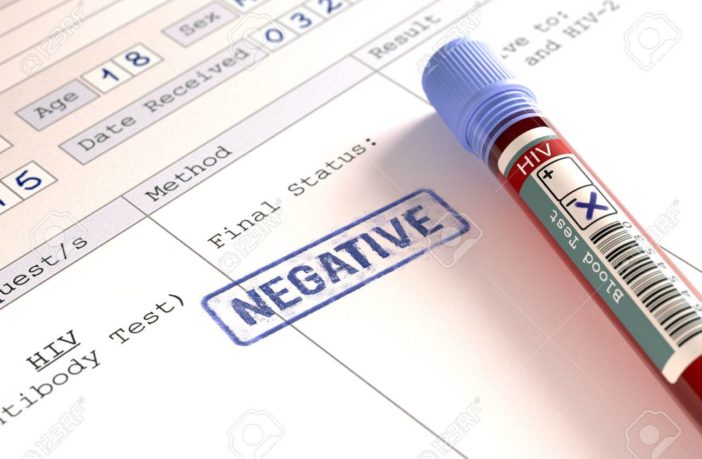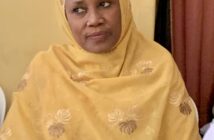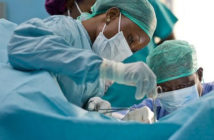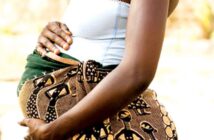Saving One Million Lives Programme For Results (SOML-PforR), an NGO, has advocated the inclusion of HIV/AIDS as a key component of routine ante natal care.
Dr Ibrahim Kana, National Programme Manager, SOML-PforR, made the suggestion at the end of a six-day training for field officers handling data collection for National Nutrition and Health Survey.
The training was held on Saturday in Keffi, Nasarawa state.
The News Agency of Nigeria(NAN), reports that the National nutrition and health survey is a household survey designed to provide up-to-date information on the situation of children and women in the country.
Kana explained that the test was necessary because most pregnant women with HIV do not know they have the infection.
“A woman, who finds out she has HIV, is able to get early treatment and support for herself, her partner, family and help to reduce the risk of passing the virus to her baby,” he said.
The programme manager also emphasised the need for quality data of the number of pregnant women living with HIV in the country.
Kana said that the number might be increasing or reducing, hence the urgent need for all pregnant women to be offered an HIV test as part of their antenatal care.
“A woman with HIV can pass the virus on to others, including her baby, during pregnancy, birth or through breastmilk.
“The HIV test will be done at the same time as other routine ante natal blood tests like blood group and Rhesus factor, full blood count, hepatitis B, rubella and syphilis.
“One sample of blood can be used for all the tests,” he pointed out.
He said that part of SOML-PforR objectives was to increase the utilisation of high impact reproductive health, child health and nutrition interventions in the country.
He disclosed that that the National Bureau of Statistics (NBS), National Population Commission (NPC) and Federal Ministry of Health were collaborating with SOML-PforR for the survey.
Kana said that the survey would look at reproductive health, birth attendants and HIV testing during antenatal care.
The programme manager said that the data from the survey would enhance accountability, improve government management, reduce compliance costs and stimulate innovation in the country.
“I am excited about the opportunity offered to SOML-PforR by this training survey to advance issues that are important to the success of our government.
“Through the combined efforts of our staff, NBS, NPC, and FMoH, we will continue to define the future for our high impact reproductive and child health, and nutrition interventions data to make government more transparent, effective, and efficient.”
He cautioned experts against being cajoled by state governments officials to reduce or increase the number of children and women of their states, while conducting the survey.
Kana charged the experts not to breach their oath in view of the importance of quality data, stressing that they should not act in favour of their states.
The NBS representative, Mr Adeyemi Adeniran, who is Director, Real-Sector and Household Statistics Department, NBS, said that the survey was designed as a cross-sectional household survey using a two-stage cluster sampling.
Adeniran said that the aim of the exercise was to collect data on nutrition status of under-five children and women 15 to 49 of age.
While urging participants against false data collection, he said that the data would assist the President Mohammadu Buhari administration’s quest to build a healthier Nigeria.
He noted that the data would enable international agencies to support the government on critical nutrition issues, and assured participants that their efforts would not be in vain.
NAN reports that the survey will examine acute malnutrition, underweight and overweight among children, and will also look at malaria and household mosquito bet ownership.
It will also look at breastfeeding, dietary deficiency, vision impairment, hearing loss and communication disability.
One hundred and twenty-four individuals will be involved in the survey.




